Britain & Ireland
The Tudors continue to fascinate and some of their story is told here along with the other dynasty of the period the Stuarts. Alongside those resources are the podcasts on the ideas that transformed British society during that period and created a United Kingdom for the first time. The industrial revolution is explored through poetry as well as technology. Religious collapse, change and diversity are all themes explored in this section. Read more
Sort by:
Date (Newest first) | Title A-Z
Show:
All |
Articles |
Podcasts |
Multipage Articles
-
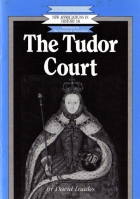
The Tudor Court
ArticleClick to view -
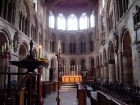
Smithfield's Bartholomew Fair
ArticleClick to view -
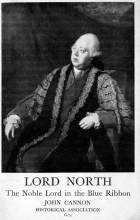
Lord North: The Noble Lord in the Blue Ribbon
ArticleClick to view -

King Charles II
ArticleClick to view -
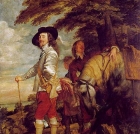
King Charles I
ArticleClick to view -

Aristotle and Dudley: what can books tell us about their owners?
ArticleClick to view -

The London Charterhouse
ArticleClick to view -
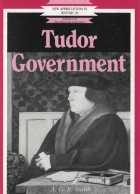
Tudor Government
ArticleClick to view -
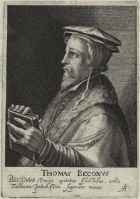
A Tale of Two Chancellors: The Ineffectual Reformation in Elizabethan Staffordshire
ArticleClick to view -
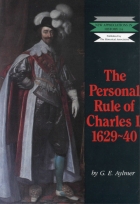
The Personal Rule of Charles I 1629-40
ArticleClick to view -

Lord Rochester's Grand Tour 1661 - 1664
ArticleClick to view -
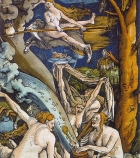
Occult and Witches
ArticleClick to view -
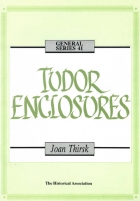
Tudor Enclosures
ArticleClick to view -
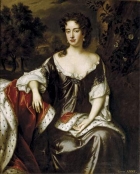
Limited Monarchy in Great Britain in the Eighteenth Century
ArticleClick to view -
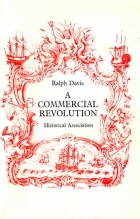
A Commercial Revolution
ArticleClick to view -
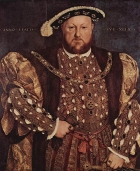
Faction in Tudor England
ArticleClick to view -
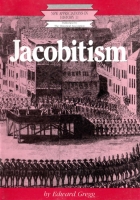
Jacobitism
ArticleClick to view -
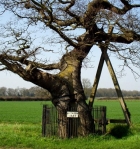
Kett's Rebellion 1549
ArticleClick to view -
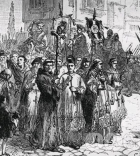
The Council of the North
ArticleClick to view -
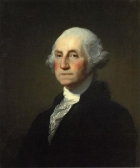
The War of American Independence
ArticleClick to view

